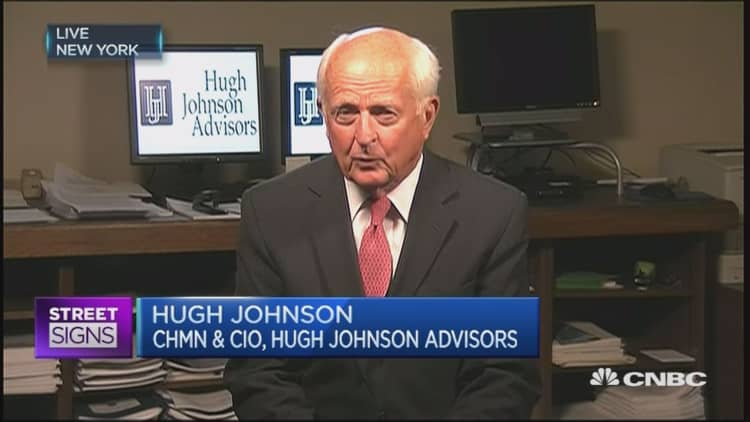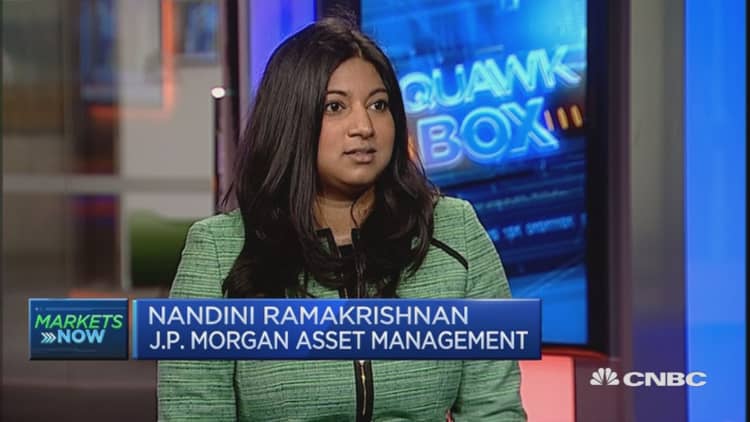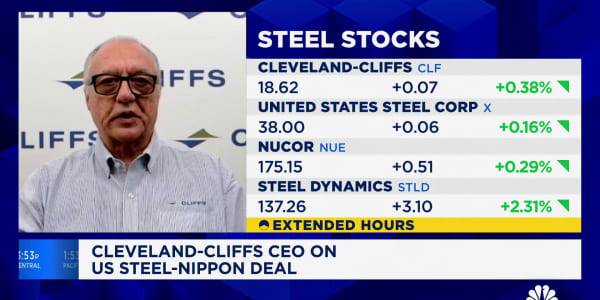
Wall Street banks want to avoid passing negative interest rates along to U.S. consumers, even in a test-case scenario in this year's regulatory exams.
But options are limited and shrinking. First-quarter earnings reflected consumer deposit growth far outpacing that of corporate and commercial clients, which, in some instances, declined.
It has the potential to throw a wrench into this year's regulatory exams, or stress tests, and future ones as well. This is the first year the Federal Reserve is requiring banks to plan for negative interest rate policy in their stress tests.
Wall Street was expected to pass negative interest rates on to their corporate and commercial clients, effectively charging them for maintaining accounts. They were likely to avoid passing costs on to U.S. consumers, their advisors said heading into stress tests. But it isn't clear how they would carry out these intentions if corporate and commercial client accounts shrink.
JPMorgan Chase's earnings reflected a rise of nearly 10 percent in consumer and community banking deposits to $562.3 billion. But deposits in asset management, its corporate and investment bank, and in its commercial bank all fell.
Wells Fargo grew its deposit base to more than $1.2 trillion in the first quarter of this year, a 4 percent jump from the same time period in 2015. However, in its earnings report, it noted "lower commercial balances."
Read MoreNegative interest rates would test banks' creativity
Bank of America saw its deposits grow to more than $1.2 trillion, representing a gain of 6 percent. Consumer banking deposits outpaced other types of deposits, rising 8 percent, the bank said in its report. Citigroup's deposit tally climbed 4 percent, to more than $935 billion, the bank said in its earnings report.
(Not every bank breaks out deposits by depositor.)

How banks pass negative rates along to the consumer is yet to be determined, said one bank advisor who spoke on condition of anonymity. While it could take the form of applying negative rates to consumer savings and checking accounts, it could also manifest itself in banks keeping mortgage rates elevated if and when the Fed were to implement a negative interest rate policy.
The bank advisor said consumer deposits outpacing banks' commercial and corporate deposits was a "surprise."
That's not the only potential headache facing Wall Street banks depending on deposit clout to pad margins. As U.S. consumer banks are in a balance sheet arms race with one another to load up on deposits, they've got a new, big competitor: Goldman Sachs.
Read MoreOnline banks are hot just ask Goldman Sachs
Goldman recently launched savings offerings for the average consumer, a symbolic dismantling of a key boundary that separated wealthy clients from the average account holder. Goldman's budding business may not stop there, and according to a Wall Street Journal article. It's also considering checking accounts and online bill paying, the Journal reported Wednesday.
A representative for Goldman Sachs declined to comment on the Journal's report, and stated, "Over time we are going to take stock of what our customers want and the products to meet their needs."






